Can a New Power Link Boost the EU’s Energy Independence?
Cars That Think
MARCH 12, 2025
But if they succeed, it will mark a bold feat of engineering to boost clean energy and fight climate. Bulgaria wants in, as does Armenia. A feasibility study finalized at COP29 and conducted by CESI , an Italian engineering consultancy, concluded the first phase of the project was doable and would cost $3.1


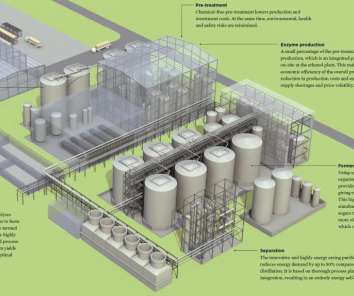
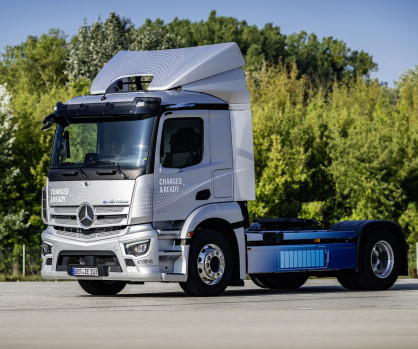








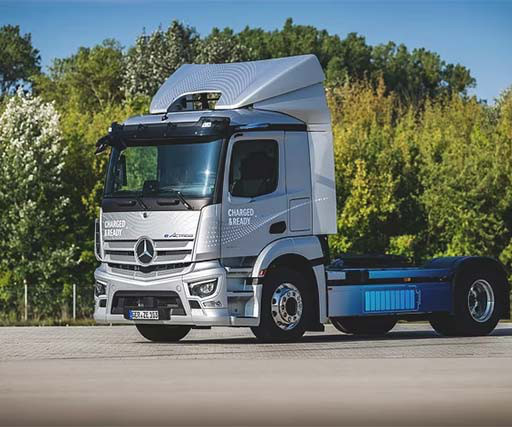
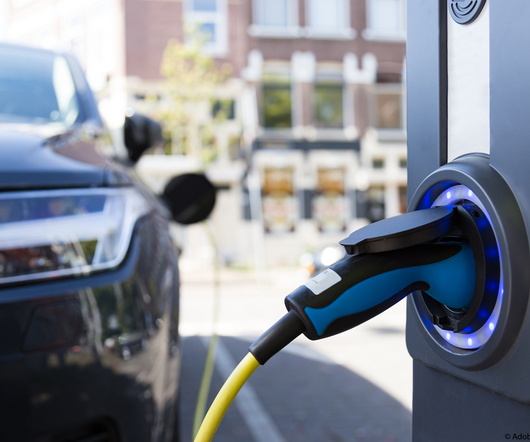

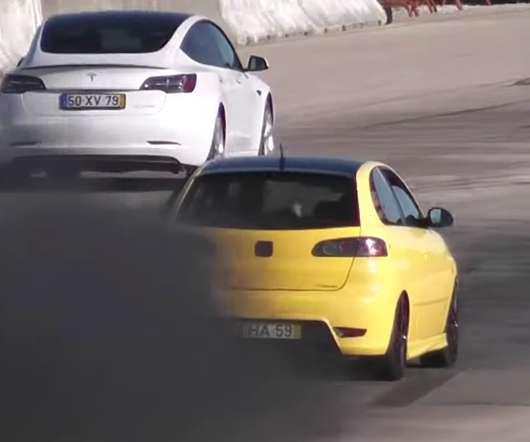



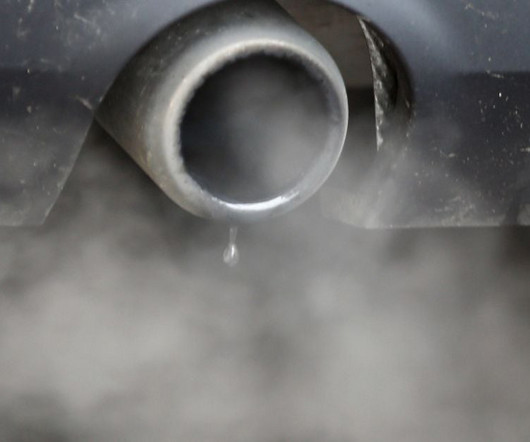


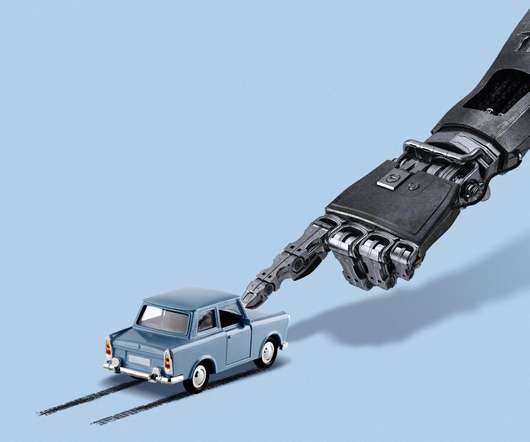






Let's personalize your content